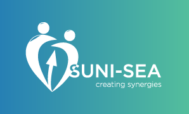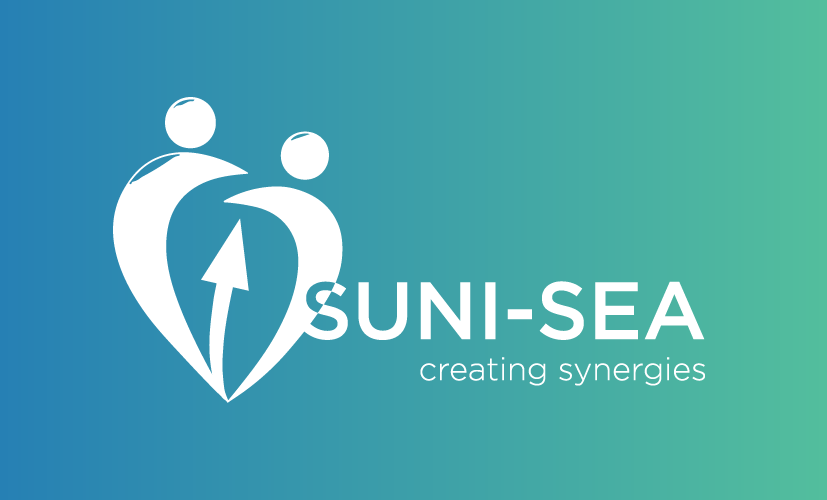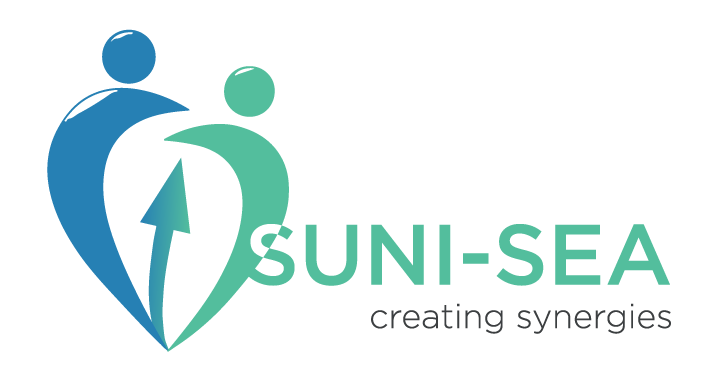During April and May 2023, five teams comprising four students each from UMCG in Groningen conducted small research projects within the framework of SUNI-SEA.
Two teams investigated the use of DHIS2 tracker as digital tool for data collection in screening in Intergenerational Self-Help Clubs (ISHC), in Vietnam. They analysed data and interviewed users of the app. The findings drawn from their research indicated that the app holds significant potential and is highly valued for its capacity to facilitate data reporting and analysis. However, Digital literacy remains a challenge for many older people in effectively using electronic devices. Hence, providing on-the-job assistance to older people within ISHGs during screening activities is crucial. When the capacity of older people increases, more features of the DHIS2 tracker can be introduced.
Another team went to Cambodia, to explore whether the DHIS2 tracker can be used in Older People Associations in Cambodian context. Their findings revealed that it is indeed feasible to implement the DHIS2 tracker there. However, they encountered similar challenges as those faced in Vietnam that digital literacy among older people is still limited.
Therefore, during the app introduction, it is imperative to have a fully developed and user-friendly tool in place, along with adequate support to help individuals build experience in using the electronic device effectively.
In Indonesia, the team investigated how Posbindu could attract more young people and males to the screening session. They found that working people were willing to participate in screening when they did not have to sacrifice their time. Moreover, their findings revealed that younger men did not possess better knowledge about risk factors for non-communicable diseases (NCDs) compared to other individuals. Furthermore, their behaviors did not demonstrate a healthier lifestyle compared to the rest of the population groups. They are more prone to smoking as well. Posbindu can be highly beneficial for both women and men at all ages, but it is essential to offer effective health education.
Another team conducted a follow-up study on cadre training in Indonesia and made noteworthy discoveries. They observed a gradual decline in knowledge one year after the training, while skills and attitudes did not show improvement over time following the initial training. The team found that many cadres exhibited high motivation and expressed a desire to continue with the screening activities even after the project ends. The research team concluded that an alternative approach to capacity building is necessary, involving increased investment in supervision, mentoring, and ongoing support for the cadres.
The findings from these research projects provide valuable insights for the SUNI-SEA project. They can serve as recommendations and contribute to the improvement of future work strategies, beyond the project’s completion.




